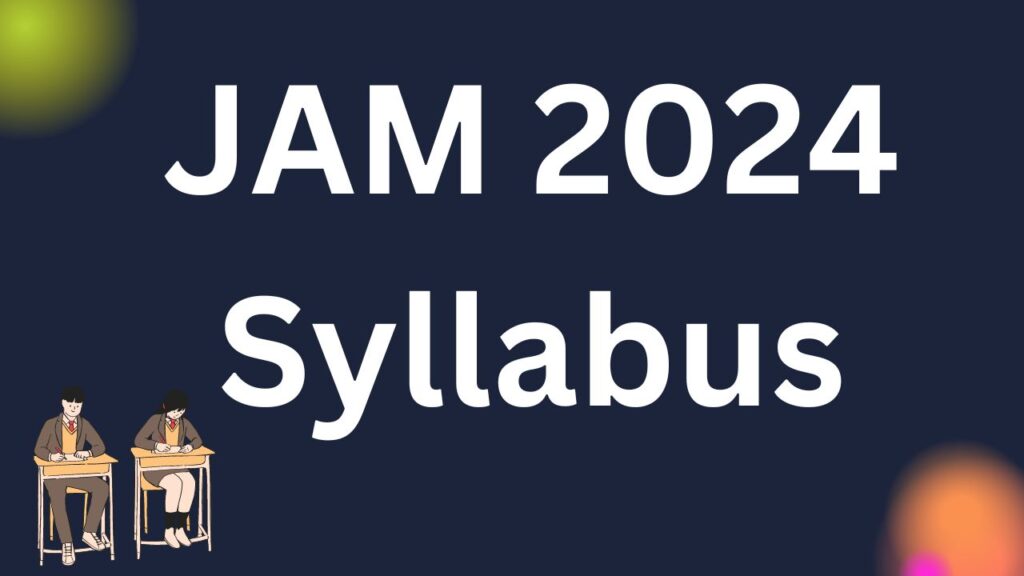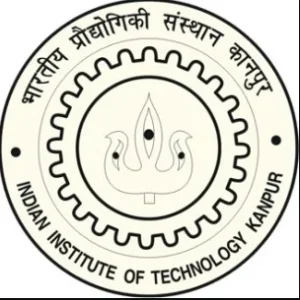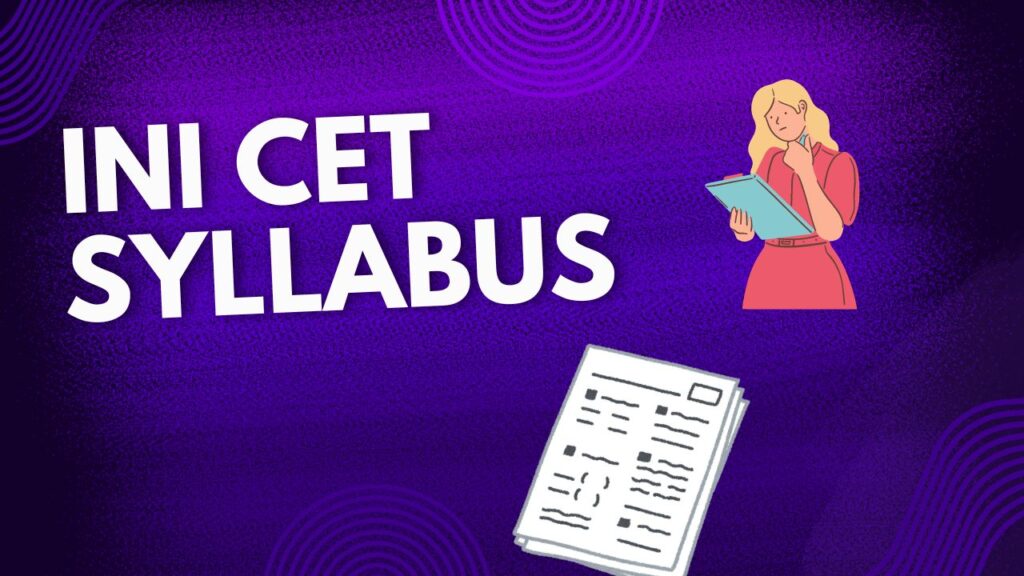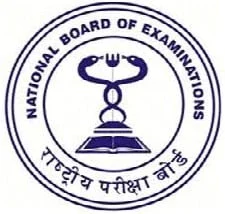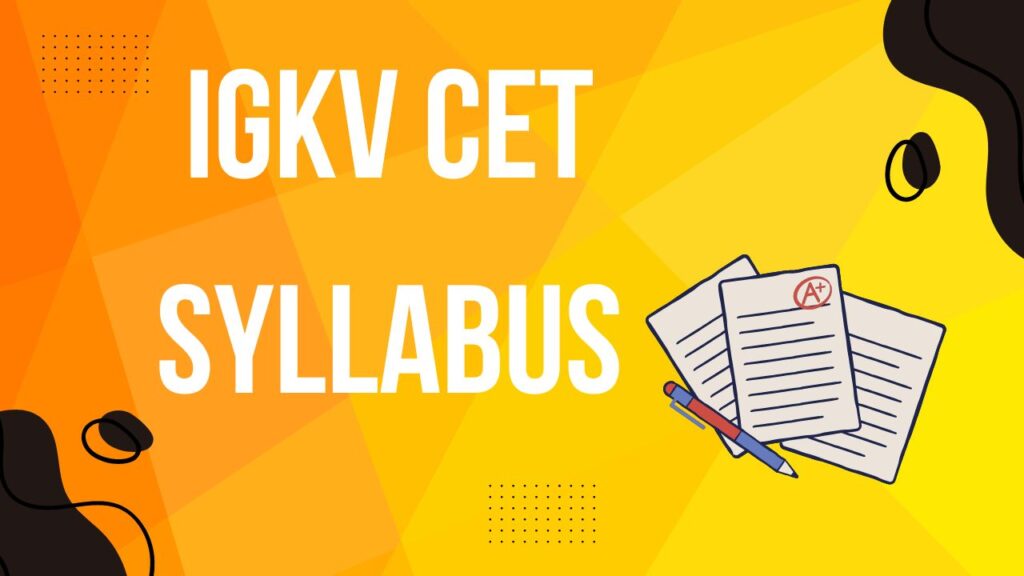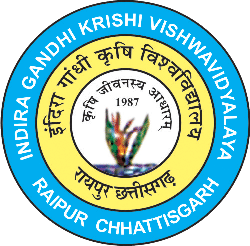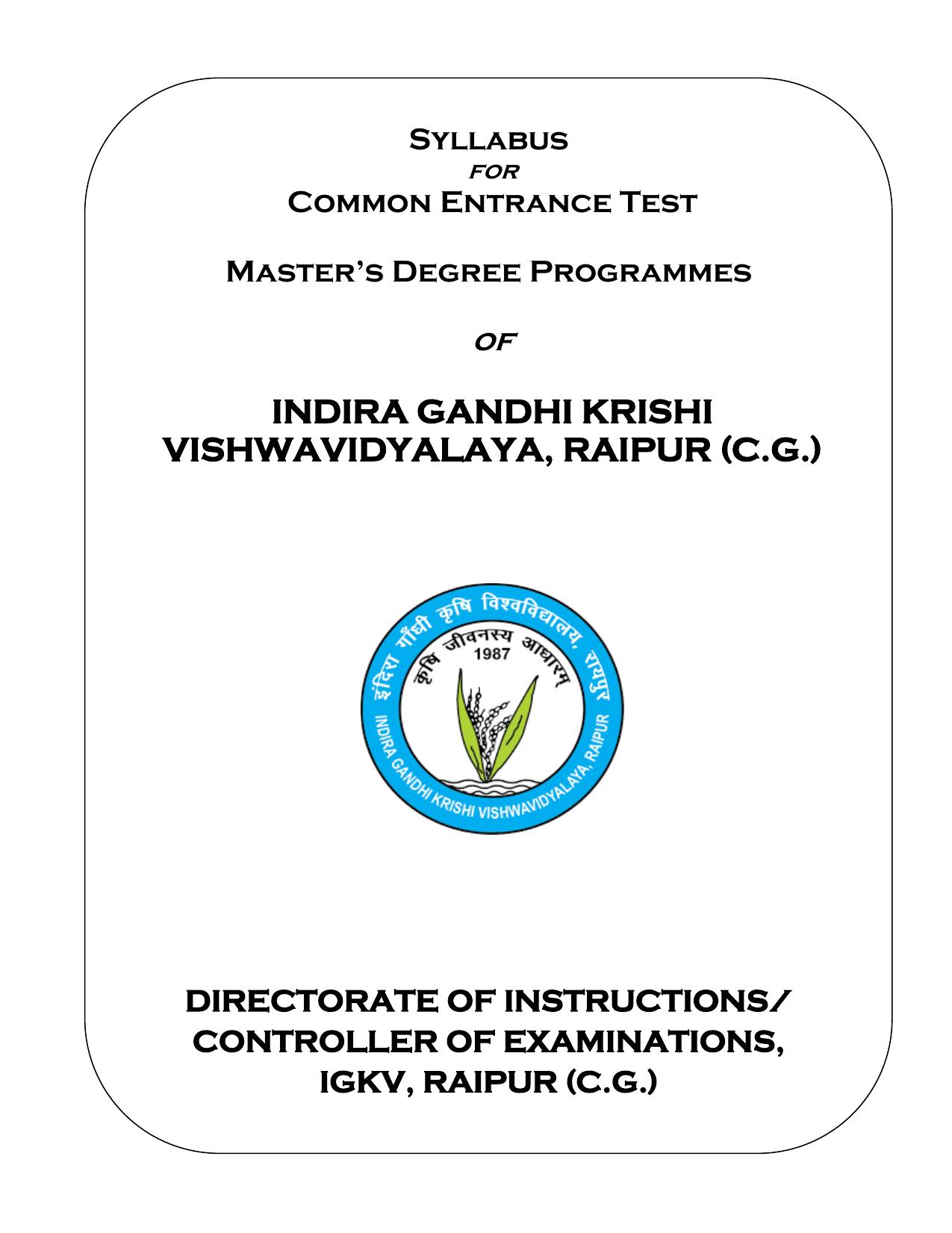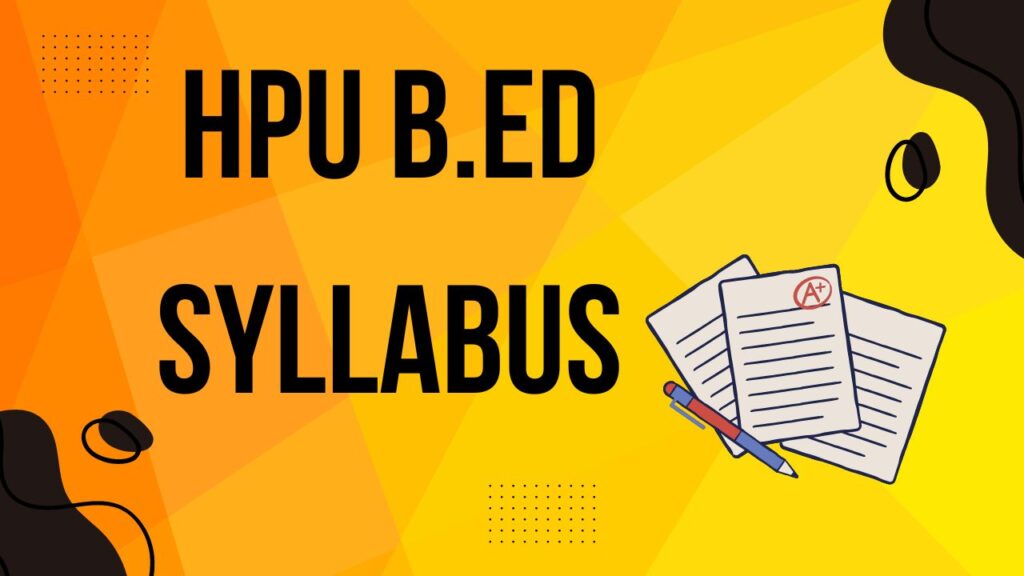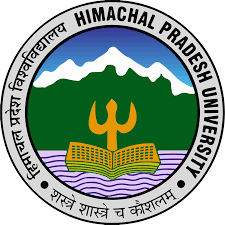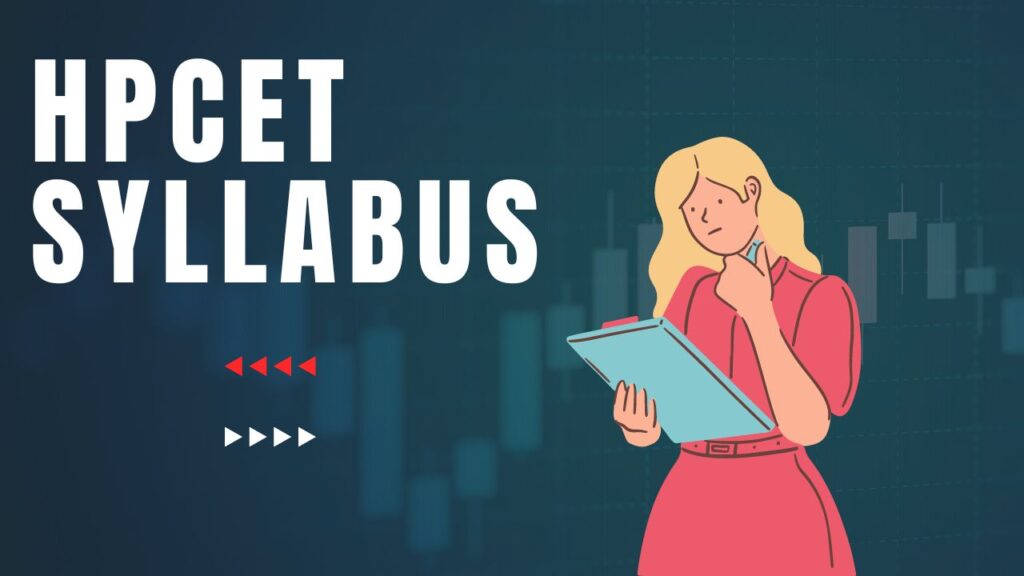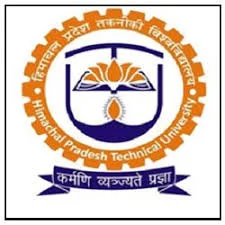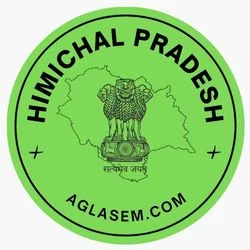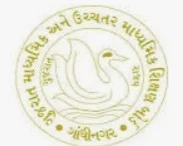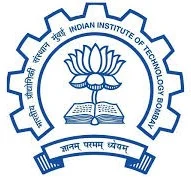Railway RRB NTPC Graduate Level Online Form 2024
Railway RRB NTPC Graduate Level Online Form 2024
The Indian Railways has released a job opening notice for NTPC graduate level positions in non-technical categories. The job number is CEN 05/2024. People who want to apply for this Railway RRB CEN 04/2024 job can do so online from September 14, 2024, to October 13, 2024. Read the notice for RRB NTPC Graduate Level Post 2024 to find out who is eligible, what the job is, how to apply, the selection process, the age limit, the pay scale, and everything else.
How to Fill Railway RRB NTPC Graduate Level Online Form 2024
- The Railway Recruitment Board (RRB) has put out an online job advertisement for a non-technical position at the graduate level with the reference number CEN 05/2024.
- The application period is from September 14, 2024, to October 13, 2024.
- Read the notice carefully before you fill out the application form for the Railway Board Non-Technical Popular Categories NTPC Graduate Exam 2024 CEN 05/2024 Exam Online Form 2024.
- Please check and gather all the documents, including proof of eligibility, ID, basic information, and address information.
- Please get ready to scan any documents that go with the admissions form, such as a photo, signature, ID proof, and so on.
- Before sending in the application form, you need to carefully look over the preview and all of the columns.
- Print out a copy of the completed form.
Railway Recruitment Board (RRB)
Railway Non Technical Popular Categories NTPC Graduate Level Post Recruitment 2024
RRB NTPC Graduate Level CEN 05/2024 : Short Details of Notification.
Important Dates
- Application Begin : 14/09/2024
- Last Date for Apply Online : 13/10/2024
- Last Date Pay Exam Fee : 13/10/2024
- Correction / Modified Form : As per Schedule
- Exam Date : As per Schedule
- Admit Card Available : Notified Soon
Application Fee
- General / OBC / EWS : 500/-
- SC / ST / PH : 250/-
- All Category Female : 250/-
- After Appear the Stage I Exam
- UR/OBC/EWS Fee Refund : 400/-
- SC / ST / PH / Female Refund : 250/-
- Pay the Examination Fee Through Debit Card, Credit Card, Net Banking Fee Mode Only.
Railway NTPC Graduate Level Notification 2024 : Age Limit as on 01/07/2024
- Minimum Age : 18 Years
- Maximum Age : 36 Years
- Age Relaxation Extra as per Railway Recruitment Board RRB Non Technical Popular Categories NTPC Graduate Level Post Recruitment Advt No. CEN 05/2024 Vacancy Rules.
RRB NTPC Application Form 2024 Overview
To register for the RRB NTPC 2024 test, people must go to the official website and fill out the application form with personal information, school background, and other important details. Before sending in their application, candidates must make sure they are eligible for RRB NTPC. For general candidates, the fee is INR 500/-. For women, SC, ST, persons with disabilities, and ex-servicemen, the fee is INR 250/-.
Aadhar Verification for RRB NTPC Apply Online 2024
The Railway Recruitment Boards (RRBs) put out a public warning about Aadhar Verification on their website on August 29, 2024. People who want to apply for current or future Centralised Employment Notices (CENs) must finish Aadhar Authentication by going to rrbapply.gov.in and logging in. To be able to apply for the RRB NTPC Recruitment 2024, people will also need to verify their Aadhar number.
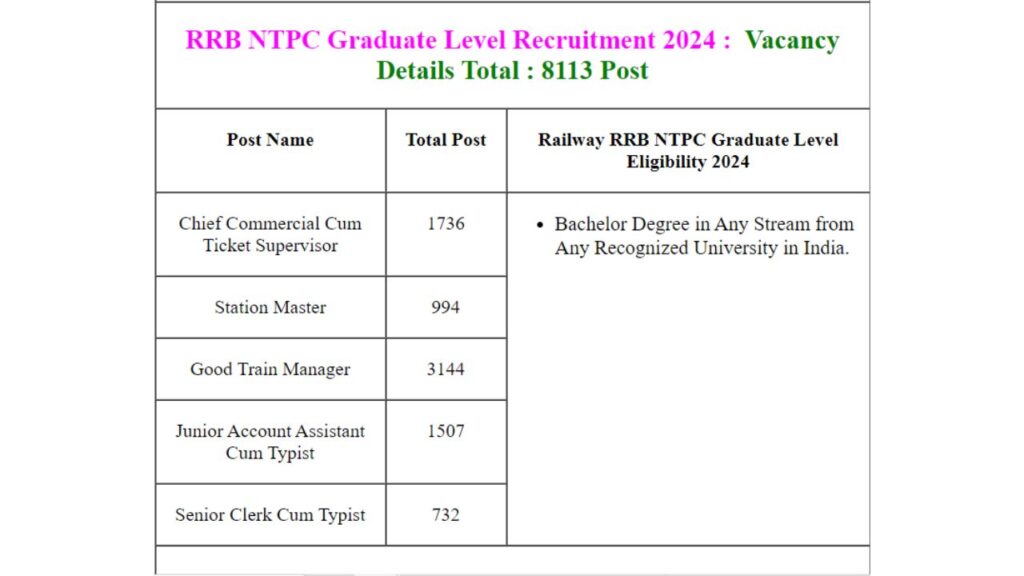
How to Apply Online for RRB NTPC 2024?
Here are the steps to apply online for RRB NTPC 2024 Recruitment:
- To register for the test online, click on the link above.
- After looking at the list, choose the job you want to apply for online and click “Apply Now.”
- Click the button that says “Click here to Apply.”
- Start your application by clicking on the “NEW REGISTRATION” button.
- Fill out the Application Form in all three parts: Personal Information, Uploading a Photo and Signature, and Education Requirements
- The sixth step is to pay the fee to apply for the Railway NTPC 2024 exam.
- To send your entry form, click the “Submit” button.
- Print out the application form so you can use it,
RRB NTPC Recruitment 2024
The Railway Recruitment Board holds the Railway NTPC test and other railway exams. These exams give people the chance of a lifetime to join the Indian Railways, which is a renowned government sector. RRB NTPC 2024 Recruitment is only for people who have a 12th grade diploma or a bachelor’s degree from a recognised school or university. We will talk about the Railway RRB NTPC Exam Date, Application Status, Admit Card, Notification, Answer Key, Fee, Exam Pattern, Syllabus, Vacancies, Eligibility Criteria, and NTPC Full Form in this post.
RRB NTPC Notification 2024 PDF Download
The Railway Board put out the RRB NTPC Notification 2024 in an employment newspaper on September 2, 2024, to fill 11558 non-technical popular categories jobs in the Indian Railways.The final full notice PDF will be out soon. NTPC (Non-Technical Popular Categories) jobs will be filled by thousands of people through this process. Those who have completed at least 12th grade (+2 Stages) or a similar test and are looking for a government job with the Indian Railway can read the information from the RRB NTPC Notification 2024 PDF Download link given below.
Some Useful Important Links |
||||
Apply Online |
Link Activate 14/09/2024 |
|||
Download Short Notice |
Click Here |
|||
Official Website
|
Indian Railway Official Website
|
|||
Railway RRB NTPC Graduate Level Online Form 2024 Read More »


